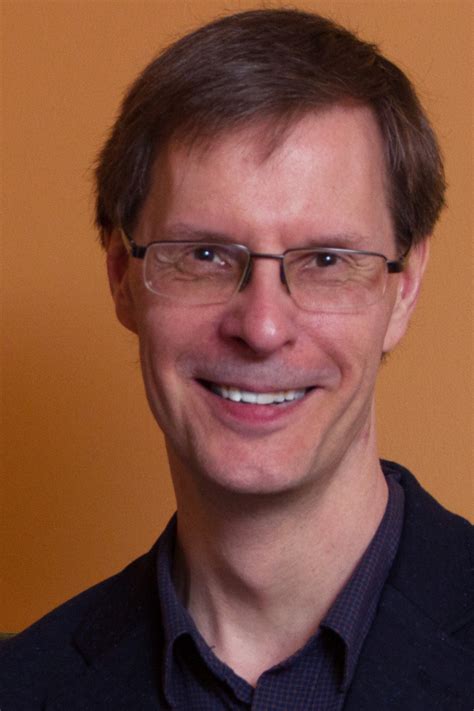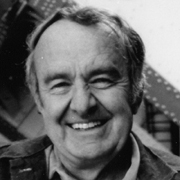A Quote by Pierre Teilhard de Chardin
I am a little too absorbed by science to be able to philosophise much; but the more I look into myself, the more I find myself possessed by the conviction that it is only the science of Christ running through all things, that is to say true mystical science, that really matters. I let myself get caught up in the game when I geologise.
Related Quotes
I wanted to be a scientist. My undergraduate degree is in biology, and I really did think I might go off and be some kind of a lady Darwin someplace. It turned out that I'm really awful at science and that I have no gift for actually doing science myself. But I'm very interested in others who practice science and in the stories of science.
Science is like society and trade, in resting at bottom upon a basis of faith. There are some things here, too, that we can not prove, otherwise there would be nothing we can prove. Science is busy with the hither-end of things, not the thither-end. It is a mistake to contrast religion and science in this respect, and to think of religion as taking everything for granted, and science as doing only clean work, and having all the loose ends gathered up and tucked in. We never reach the roots of things in science more than in religion.
I don't want to paint myself as some villain - I was never a bad guy doing horrible things, but I got too caught up in wanting a very specific thing to happen to the band. Ultimately, I had to find the ability in myself to get over that and stop being so stringent and learn to laugh a little bit more.
I went into science, ending up with a Ph.D. in cell biology, but along the way I found out that experimental science involves many hours and days and nights of laboratory work, which is a lot like washing dishes, only a little more challenging. I was too impatient, and maybe a little too sloppy, for it.
Over time, I started becoming more aware of the vastness and complexity of the universe, which led me away from any sort of conventional Christianity. I still love the teachings of Christ, but I also believe that the human condition prevents us from having any true objective knowledge of the universe. All human belief systems are inherently flawed. If I had to label myself now, I'd call myself a Taoist-Christian-agnostic quantum mechanic. Also, there's nothing in the actual Bible that limits a Christian in their interest in science. Anti-science is a function of ignorant fundamentalism.
The more and more I step back and look at myself from my own personal perspective - which is what I try to do, to get outside of myself and look at it - there aren't too many things that I don't think I am. I like to party 'n' bullshit, entertain, be the center of attention, and pour champagne on naked girls. I like to do that too.
The whole point of science is that most of it is uncertain. That's why science is exciting--because we don't know. Science is all about things we don't understand. The public, of course, imagines science is just a set of facts. But it's not. Science is a process of exploring, which is always partial. We explore, and we find out things that we understand. We find out things we thought we understood were wrong. That's how it makes progress.
"True science has no belief," says Dr. Fenwick, in Bulwer-Lytton's 'Strange Story;' "true science knows but three states of mind: denial, conviction, and the vast interval between the two, which is not belief, but the suspension of judgment." Such, perhaps, was true science in Dr. Fenwick's days. But the true science of our modern times proceeds otherwise; it either denies point-blank, without any preliminary investigation, or sits in the interim, between denial and conviction, and, dictionary in hand, invents new Graeco-Latin appellations for non-existing kinds of hysteria!








































